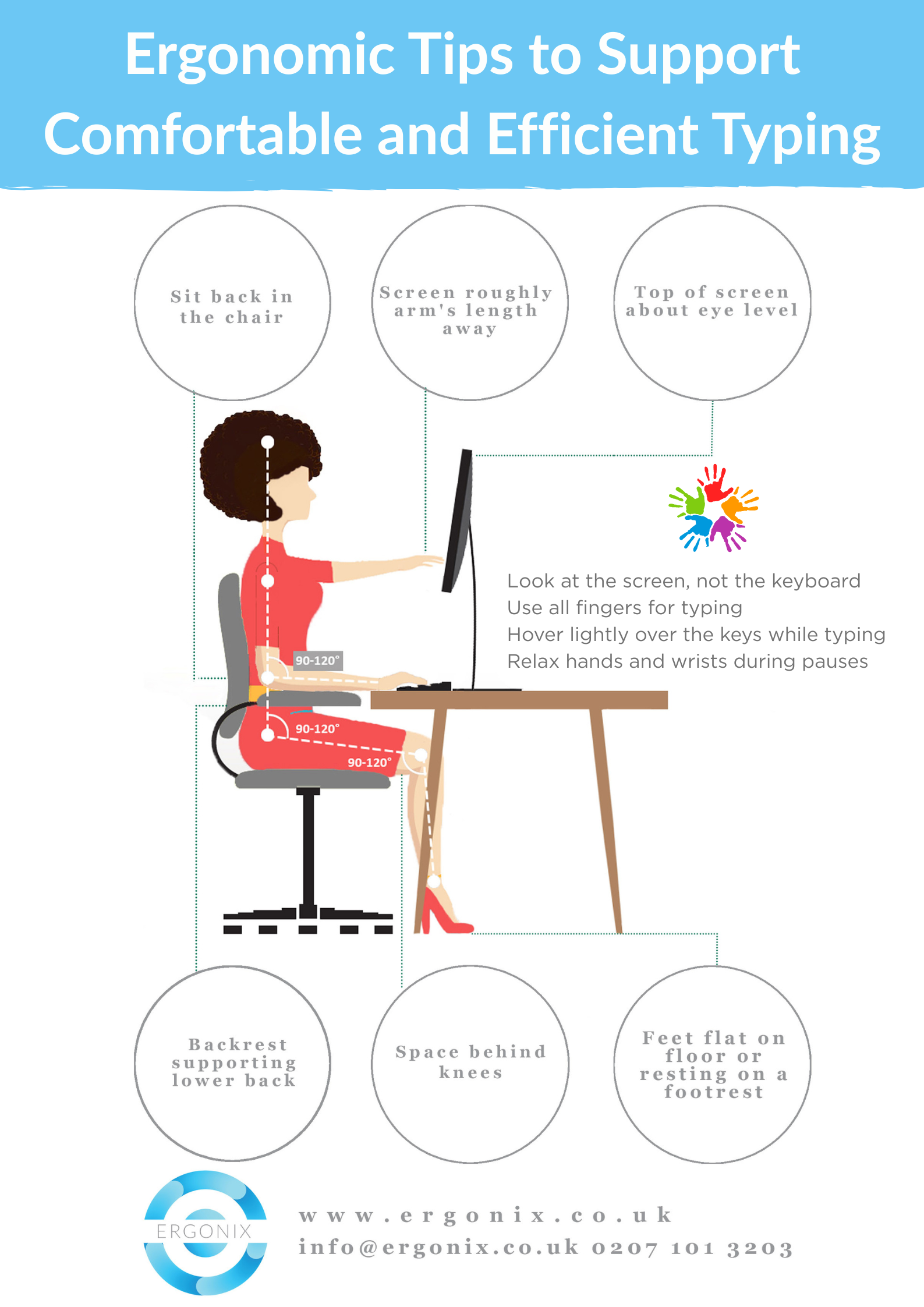 In today’s workplace, the significance of employee health and wellbeing cannot be overstated. This is where Display Screen Equipment (DSE) Assessor Certification comes into play. DSE assessors play a crucial role in ensuring that employees have a comfortable and safe working environment when using computers and other display screen equipment. In this comprehensive guide, we will explore what DSE Assessor Certification entails and why it is vital for both employees and employers.
In today’s workplace, the significance of employee health and wellbeing cannot be overstated. This is where Display Screen Equipment (DSE) Assessor Certification comes into play. DSE assessors play a crucial role in ensuring that employees have a comfortable and safe working environment when using computers and other display screen equipment. In this comprehensive guide, we will explore what DSE Assessor Certification entails and why it is vital for both employees and employers.
What Is DSE Assessor Certification?
DSE Assessor Certification is a professional qualification that equips individuals with the knowledge and skills needed to conduct DSE assessments in the workplace. These assessments are aim to evaluate and mitigate potential health risks associated with computer-based work, including musculoskeletal disorders, eye strain and stress.
Importance of DSE Assessments
- Employee Health: DSE workstation assessments are designed to identify and address ergonomic issues, ensuring that employees work comfortably and with reduced risk of developing work-related health problems.
- Productivity: A comfortable workspace leads to increased productivity, since employees can concentrate on their tasks without the distraction of discomfort or pain.
- Legal Compliance: The Health and Safety Executive (HSE) DSE Regulations require employers to conduct DSE assessments, ensuring compliance with the law.
Becoming a Certified DSE Workstation Assessor
To attain certification as a DSE assessor, individuals typically need to complete a training program accredited by a relevant professional body or institution. These programs cover a range of topics, including:
- Ergonomics: Understating the principles of ergonomics and how to apply them to workstation design.
- Health and Safety Regulations: Familiarity with the legal obligations and guidelines related to DSE assessments.
- Risk Assessment: Learning how to identify and evaluate potential risks associated with DSE.
- Practical Assessment Skills: Gaining experience in conduction DSE assessments in real workplace scenarios.
- Communication Skills: Effectively communicating findings and recommendations to both employees and employers.
The Benefits of a DSE Assessor Certification
- Expertise: Certified DSE assessor have the knowledge and skills needed to identify and address workplace issues effectively.
- Credibility: Employers and employees trust certified assessors to provide accurate and professional assessments.
- Career Advancement: DSE Assessor Certification can open up new career opportunities in health and safety, human resources or consulting.
Maintaining Certification
To maintain certification, DSE assessors often need to engage in continuing education and stay updated on changes in health and safety regulations and best practices. This ensures that they remain competent and relevant in their field.
Conclusion
DSE Assessor Certification will not only aids business in complying with the DSE regulations but it also serves as a valuable tool for improving employee wellbeing and productivity. Certified DSE Assessors play a pivotal role in creating ergonomic workspaces that benefit both employers and employees. By investing in DSE Assessor Certification, you not only enhance your skills but also contribute to a healthier and more productive workplace environment. It’s a win-win for all stakeholders involved, and it is vital to the growing importance of workplace health and safety in the modern world.
If you are interested in our CIEHF (Chartered Institute of Ergonomics &Human Factors) Accredited one-day DSE Assessor Course, get in touch!







